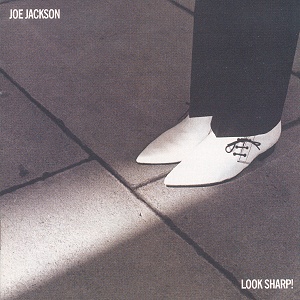Usually if I am blogging angrily on a Sunday morning, it's because of some idiot column by David Brooks in the Sunday Times. Sunday posts often have titles like "David Brooks is a Tool." But today, Harold Bloom has the honor of being an even bigger tool than David Brooks. No mean feat.
Harold Bloom, for those of you who haven't had the displeasure, is a professor of English at Yale who did some interesting work a few decades ago but has in the past 20 years settled into the role of a reactionary crank. He now writes books for a non-scholarly audience (a good thing) in which he tries to make everyone who isn't a professor of English at an Ivy League university feel stupid (a very very bad thing). His pomposity and general douchebagginess is plentifully in evidence in book titles such as
How to Read and Why. Blech.
I was talking to my sister on the phone yesterday and she asked me if I had seen an article on Bloom in Newsweek. She related the jist of it to me. Bloom listed his top five books that everyone should read. They were: all of Shakespeare,
The Divine Comedy,
The Iliad,
Don Quixote, and
The Canterbury Tales.
He insisted that one should read Dante in Italian. He mentioned nothing about reading Cervantes or Homer in the original. I'm guessing that that's because Dr. Bloom knows Italian but doesn't know Spanish or Greek. Fair enough, but it's entirely emblematic of his schtick: he takes whatever is the case for him and makes it prescriptive. Whatever is right for Bloom is right for the world.
I remember an interview a few years ago in which he stated that there are only four American novelists still writing who are any good: Philip Roth, Don Delillo, Thomas Pynchon, and Cormac McCarthy. Now, I wouldn't disagree with any of these authors. But surely there must be more novelists of literary merit out there. There are more things in the literary landscape, Dr. Bloom, than are dreamt of in your philosophy.
His breathtaking arrogance can be seen in his response to the interviewer's question about what books he hasn't read. Bloom answered (I am not making this up): "I cannot think of a major work I have not ingested."
So, whatever Dr. Bloom has "ingested" is perforce "major" and everything else isn't. This is nonsense upon stilts. Everyone who reads literature for a living is continually struck by how much they have NOT read, and may never get to read. Everyone who is not a total tool, that is. People are always muttering about how their German isn't good enough to read Holderlin or how they may never get to Turgenev. It's just how it is.
But Bloom is making an industry of himself by pretending that this isn't the case. He gets called to do these interviews because his haughty erudition taps into a particular stereotype about literary academics. His are fear tactics. Browbeat the students/readers for their ignorance and then drop bits of portable knowledge that soothe the anxieties you have roused. What a tool.
One can see these tactics in his ongoing tirade against the Harry Potter books. He calls their remarkable sales an index of our culture's "descent into subliteracy." That is such a lot of elitist hogwash, and it entirely obscures historical reality. We are a MORE literate society than we've ever been. And there's nothing wrong with the Harry Potter books (and most academics wouldn't say there is). Are they the equivalent of
Alice in Wonderland? Perhaps not. Compared to Carroll, Rowlings prose is thin and tends slightly toward the cliche. BUT, the books are fun and thoughtful and quite elegantly plotted.
And they have helped spike enrollment in Latin classes, which covers many sins in my opinion.
Harold Bloom is a bit of a punchline in the profession and it irks me to no end that, with his pompous pronouncements and his supercillious sniffery, he gets turned into its prophet.
Move over, Mr. Brooks.



